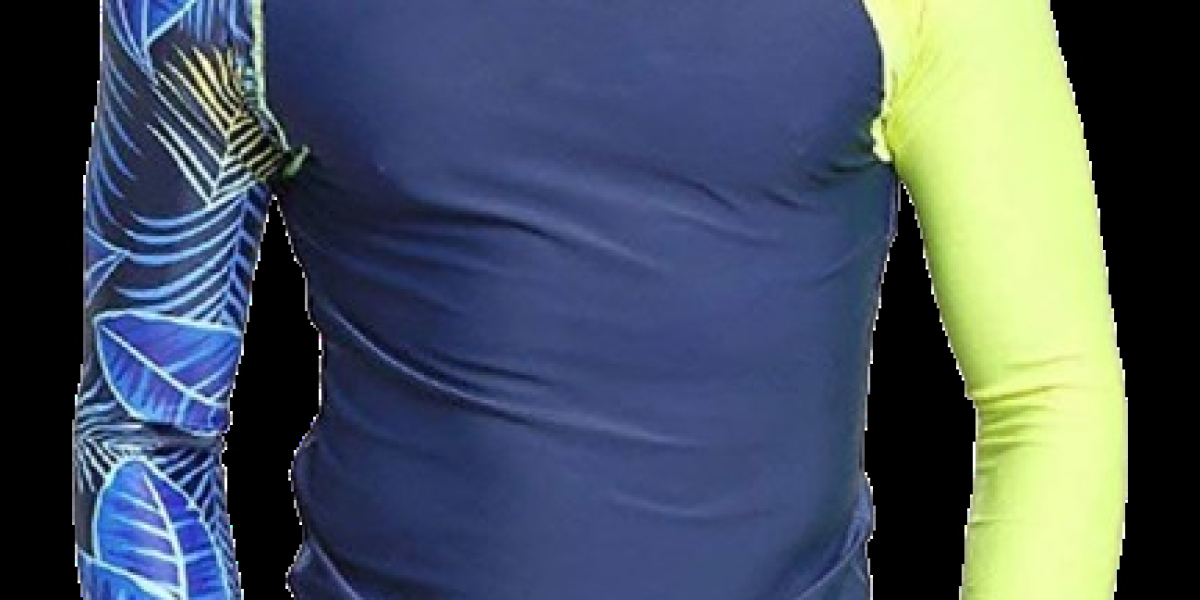Wearing a rash guard shirt is essential for surfers, swimmers, and anyone spending long hours outdoors. While these shirts are designed for UV protection, comfort, and performance, many users face challenges with fit, durability, and overall effectiveness. Let’s look at the most common rash guard shirt problems and how to avoid them.
Poor Fit and Restricted Movement
A common complaint is rash guard shirts that feel either too tight or too loose. A shirt that’s overly snug can cause discomfort, while one that’s too loose may ride up in the water.
Solution:
Look for designs with four-way stretch fabrics.
Choose the right size based on activity—compression fit for surfing and looser fit for casual use.
Overheating in Hot Weather
Many rash guard shirts trap heat, making them uncomfortable for extended outdoor use. While they protect from UV rays, they may cause excessive sweating.
Fix:
Select lightweight, breathable fabrics with moisture-wicking properties.
Lighter colors are better for sunny days as they reflect heat.
Durability Issues with Fabric
Saltwater, chlorine, and sun exposure can cause rash guard shirts to lose elasticity, fade, or wear out quickly.
Better Choice:
Choose shirts with chlorine-resistant and UV-protected fabrics.
Rinse thoroughly after each use to extend fabric life.
Lack of UV Protection Certification
Not all rash guards deliver reliable sun protection. Some claim UPF but don’t provide tested results.
Solution:
Always choose rash guards labeled UPF 50+ certified.
Avoid cheap alternatives with no verified sun-protection rating.
Irritation and Chafing Problems
Poor stitching and low-quality seams often cause skin irritation during swimming or surfing. This is especially common when the shirt is wet for long periods.
Fix:
Look for flatlock stitching and smooth seam designs.
Rash guards with soft, stretchable materials minimize irritation.
Style vs. Function Dilemma
Some rash guard shirts prioritize flashy designs over performance. While style is nice, it should never compromise comfort or protection.
Smarter Choice:
Pick shirts that balance functional features and design appeal.
Neutral and versatile shades often blend both style and practicality.
Conclusion: Choosing the Right Rash Guard Shirt
The wrong rash guard shirt can lead to discomfort, overheating, or poor UV protection. A high-quality rash guard shirt should provide a snug yet flexible fit, reliable UPF certification, and durability against harsh elements. By avoiding low-quality fabrics and poorly designed options, you’ll enjoy both comfort and confidence in and out of the water.








